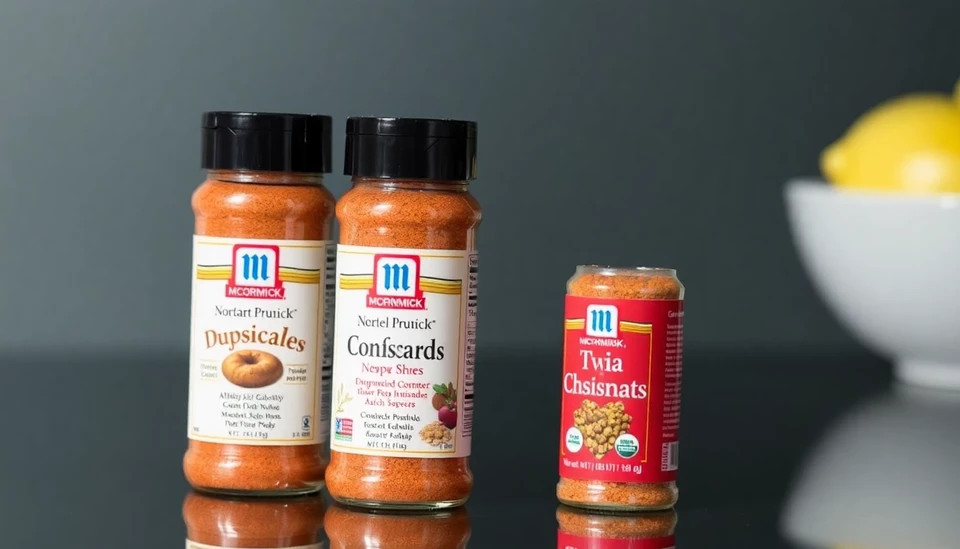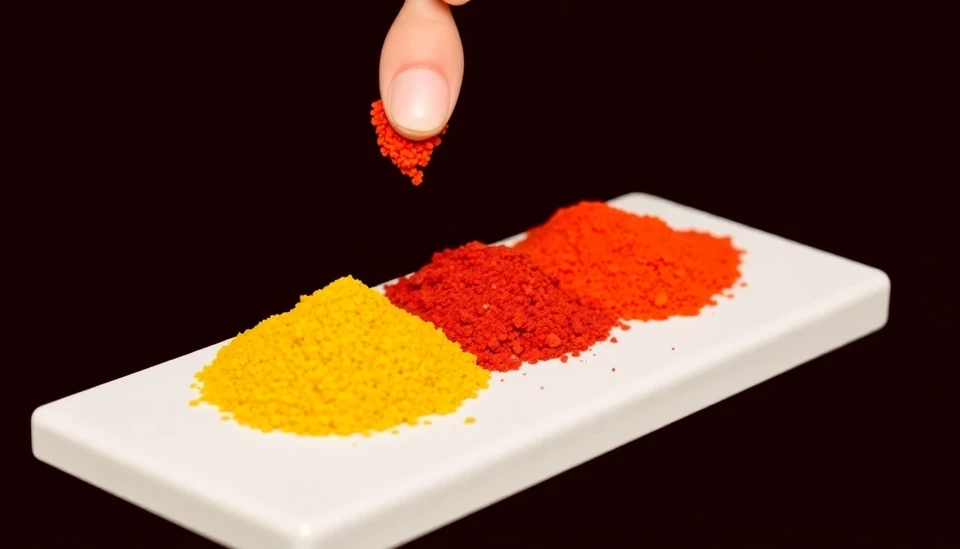
In a significant move towards enhancing food safety and transparency, McCormick & Company, the Maryland-based spice and flavoring giant, announced plans to phase out certain controversial ingredients from its product line. This includes the elimination of Red No. 3, a synthetic dye that was banned by the U.S. Food and Drug Administration (FDA) for use in food products due to concerns over its potential health risks.
This development represents a broader trend in the food industry where consumers are increasingly demanding healthier and safer food options. McCormick's decision aligns with the changing preferences of health-conscious buyers, who are wary of artificial additives and colors in their food. The company aims to enhance its product integrity by eradicating ingredients that could raise health concerns among consumers.
The announcement was part of McCormick's latest strategy to bolster its brand's commitment to quality and transparency. In an official statement, the company emphasized that it is committed to reviewing its ingredient list to ensure that all products meet the evolving expectations of consumers. McCormick's initiative is a direct response to the growing scrutiny on food ingredients, particularly those that have been implicated in health issues or those that lack transparency regarding their origins.
The decision to cut out Red No. 3 is particularly noteworthy. This dye has been under fire for decades, considering its association with potential carcinogenic effects. The FDA banned its use in food in 1990, but it has still been found in some cosmetics and medications, sparking ongoing debates within health circles. By removing this ingredient, McCormick not only adheres to regulatory compliance but also demonstrates proactiveness in addressing public safety concerns, fostering trust among its customer base.
Experts suggest that McCormick's move may catalyze similar actions across the industry as companies look to remain competitive in an increasingly health-focused market. The company's efforts will likely resonate well with consumers who are more informed than ever and are keen on making conscious choices about the ingredients in their food.
As part of its reformulation efforts, McCormick will explore cleaner ingredient alternatives to preserve flavor without compromising safety. This shift will require extensive research and development, as the company seeks to ensure that its new formulations meet both taste standards and consumer expectations for natural ingredients.
With this strategic transformation, McCormick is positioned to not only lead the market with safer products but also to influence peers to adapt similar practices. This development signals a promising shift in the food industry, highlighting the importance of consumer awareness and the role of regulations in shaping healthier food options.
As the company progresses with these changes, stakeholders and consumers alike are keenly observing how this may impact not only the brand's reputation but also the entire food industry's approach to ingredient transparency and safety.
In conclusion, McCormick’s decision to eliminate controversial ingredients, starting with Red No. 3, sets a precedent that may lead to further reforms in food safety standards. This move underscores the company's commitment to a cleaner and more transparent food supply, reassuring consumers that their well-being is a priority in product development.
#McCormick #FoodSafety #RedDyeNo3 #CleanLabel #HealthierChoices #Transparency #FoodIndustryReform
Author: John Harris

